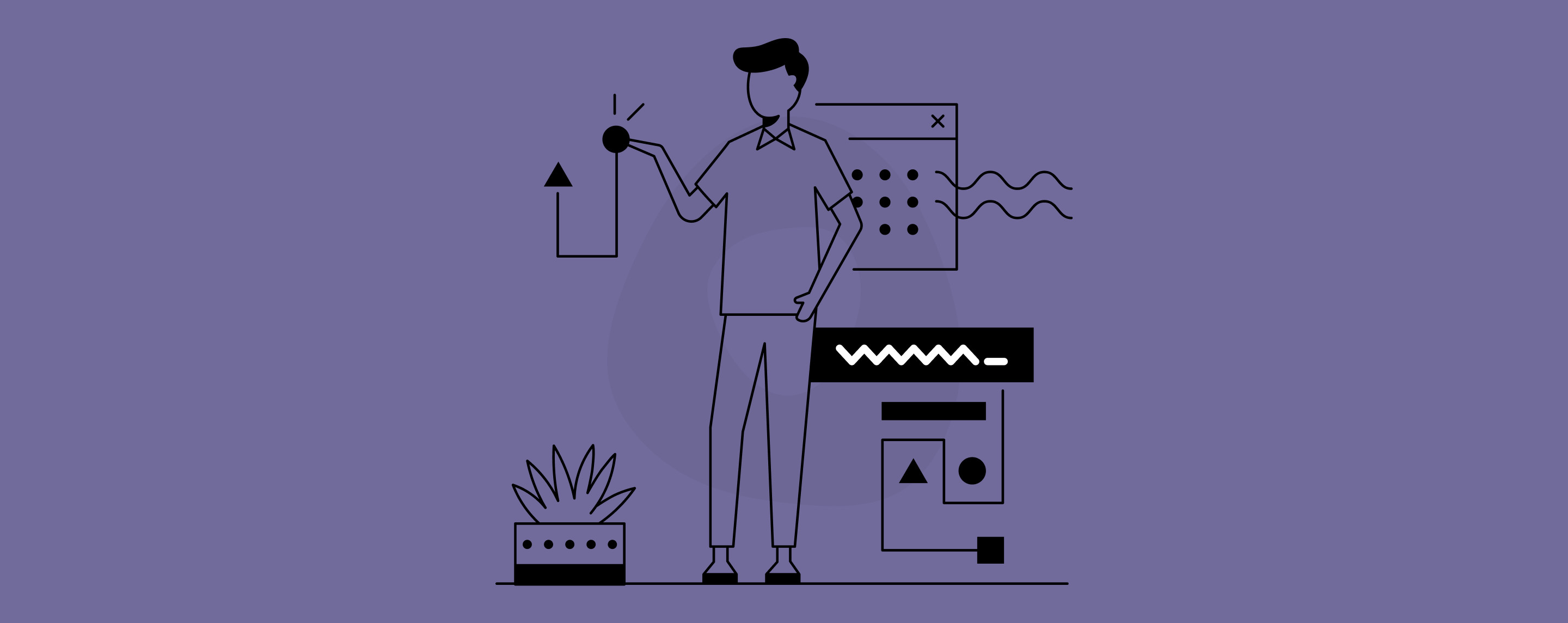Small Business Bankruptcy: What Are Your Options?

Share this article:
Editor’s note: Lantern by SoFi seeks to provide content that is objective, independent and accurate. Writers are separate from our business operation and do not receive direct compensation from advertisers or partners. Read more about our Editorial Guidelines and How We Make Money.
What Are the Different Types of Bankruptcy for Business Owners?
Who Can File Chapter 7 Bankruptcy?
What Are the Pros and Cons of Filing a Chapter 7 Bankruptcy?
Pros when filing business bankruptcy, Chapter 7:
A sole proprietor can handle both aspects within the same bankruptcy filing. Because a business Chapter 7 bankruptcy doesn’t erase any debt, many business owners who choose the Chapter 7 route file personally because of the protections that offers. Sole proprietors whose business debt is greater than their personal debt won’t have to meet income requirements for Chapter 7. Plus, there are bankruptcy exemptions that, in some cases, would allow them to continue to operate the business, post-bankruptcy. With an LLC or a corporation bankruptcy, Chapter 7 provides a transparent way to liquidate the company. The bankruptcy trustee is responsible for selling the business assets and using the funds to pay creditors.
Cons of filing business bankruptcy, Chapter 7:
Only sole proprietors have the opportunity to get rid of both personal and business debt under this structure. Business assets aren’t generally protected, which means that the bankruptcy trustee will sell the business assets to pay off creditors and, in many cases, the business closes. In most circumstances, if the business owners sold the assets and used the funds to pay down debt without filing for bankruptcy, they could usually get a better price for those assets than they would through bankruptcy.
Who Can File Chapter 11 Bankruptcy?
What Are the Pros and Cons of a Chapter 11 Bankruptcy?
Pros when filing Chapter 11:
There are no debt or income requirements. Extended payment terms are available for the business owner to pay back creditors. Disposable income does not have to be turned over to a trustee.
Cons of filing Chapter 11:
This proceeding is complex. Chapter 11 bankruptcies are expensive.
Who Can File Chapter 12 Bankruptcy?
Who Can File Chapter 13 Bankruptcy?
What Are the Pros and Cons of Chapter 13 Bankruptcy?
Pros when filing Chapter 13 bankruptcy:
Assets can be kept while the business owner repays some or all of the debts via a repayment plan of up to five years. The business owner can pay down prioritized debt; potentially refinance some loans; and use this restructuring to catch up on other qualifying payments.
Cons when filing for Chapter 13 bankruptcy:
This plan is not available for business owners other than sole proprietors. The payments under the repayment plan may be challenging to make. Payments will be required for three to five years.
Chapter 7 vs. Chapter 11 vs. Chapter 13 Bankruptcy
The Takeaway
3 Small Business Loan Tips
Online lenders generally offer fast application reviews and quick access to cash. Conveniently, you can find recommended small business loans by using Lantern by SoFi. If you are launching a new business or your business is young, lenders will consider your personal credit score. Eventually, though, you’ll want to establish your business credit. If you need to borrow money to cover seasonal cash flow fluctuations, a business line of credit, rather than a term loan, provides the flexibility you likely need.
Frequently Asked Questions
LCSB0423031U
About the Author
Kelly Boyer Sagert is an Emmy Award-nominated writer with decades of professional writing experience. As she was getting her writing career off the ground, she spent several years working at a savings and loan institution, working in the following departments: savings, loans, IRAs, and auditing. She has published thousands of pieces online and in print.
Share this article: